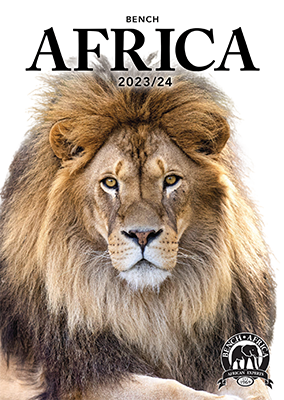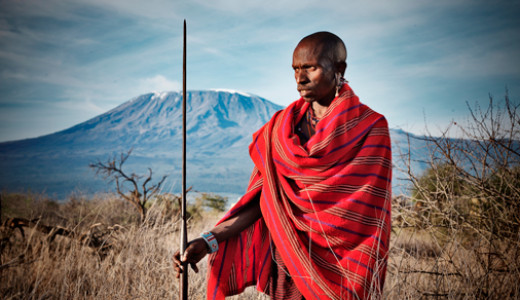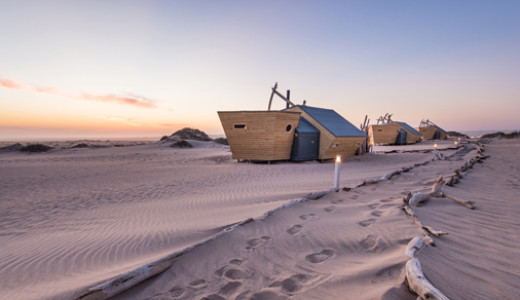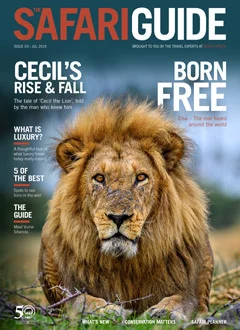Bench clients always ask for an Africa travel reading list, and that's why we include it in Bench Africa's travel documentation. There are just so many amazing books on Africa to choose from; guide books to fictional stories to biographies. To help out, especially as we are all house-bound during the pandemic, I have compiled a list of books that I would highly recommend reading. Some are very well known and appear on many “must-read” lists however, I've also included a few hidden gems that you may not have heard of.
Whether it’s in a lockdown or on the front deck of a safari lodge, put your feet up and get lost in one of these incredible literary journeys.
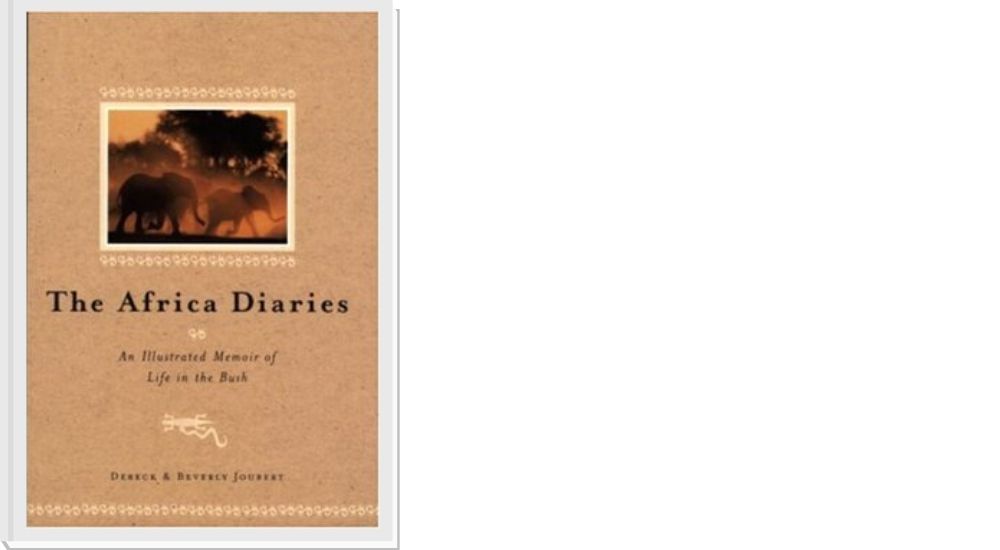
Beverley and Dereck are Academy-Award winning filmmakers, National Geographic photographers, videographers, and philanthropists who currently live in a bush camp in Botswana. Since the early 80s the South African pair have put wildlife conservation at the forefront of everything they do and they have actually made close to 30 films.
This book, The African Diaries, is a first-person account of their personal experiences, including inserts from their field journals. 130 stunning full-color photographs give the reader a look into their lives living in the bush. One review described the book as an experience that gets us as close as many of us will come to living in the African Bush. Thanks to the images and their wildlife accounts, the book is a perfect match for those who have seen “Africa’s Stolen River” and “Eternal Enemies” but also a great read for those who have not seen the movies as it is a real “through their eyes” read.
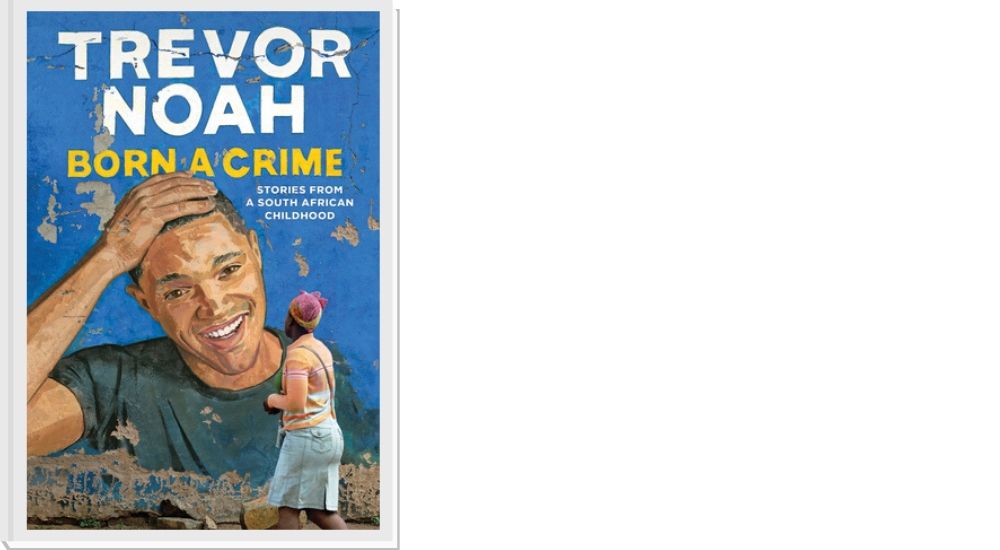
In this autobiography comedian Trevor Noah shares his stories from his life. The book is titled “Born a Crime” as Trevor was born in the middle of Apartheid to a white Swiss father and a black Xhosa mother, which at the time the union could have got both parties five years in prison. The eighteen personal essays cover everything from his relationship with his very religious mother, eating caterpillars for dinner during hard times, being thrown from a car during an attempted kidnapping and just trying to surviving the life and death pitfalls of dating in high school. The book also gives a personal account of someone who lived through pre and post-Apartheid and simply shouldn’t have existed because of his mixed-race parents. The book is a hilarious and enlightening read.
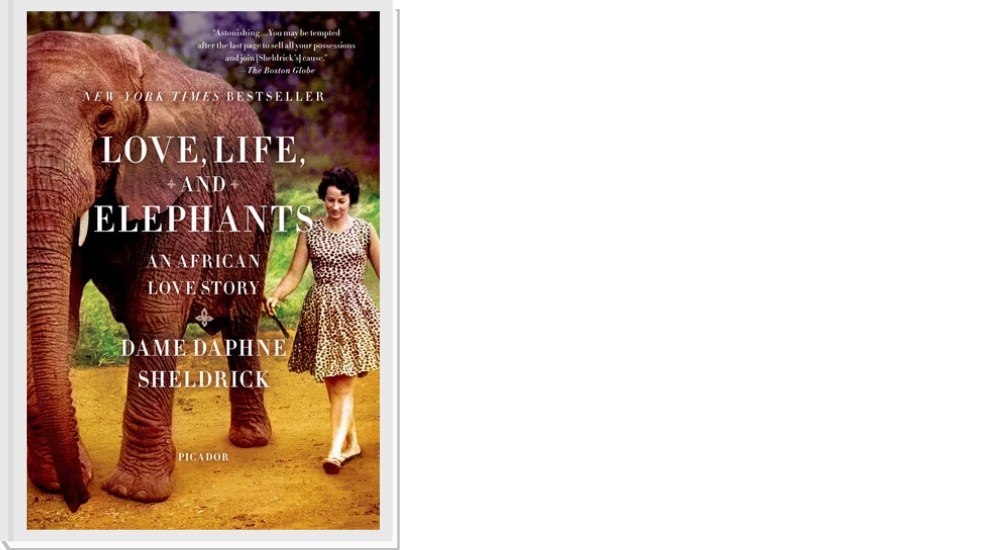
Sheldrick’s Elephant Orphanage in Nairobi and Voi in Kenya are well known worldwide. Daphne Sheldrick’s family arrived from Scotland to Africa in the 1820s and she was the first person to successfully hand-rear newborn elephants. In this heart-warming memoir, Daphne shares her amazing relationship with a whole host of orphans, her relationship with David Sheldrick, his untimely death and the founding of the David Sheldrick Wildlife Trust and the Orphan’s Nursery in Nairobi.
This is a Bench favourite! Daphne writes openly, describing her failures as well as her triumphs. A warning to the reader, while many of the animals in her care live a full and healthy life, some don’t. There are also some historical opinions in the book which people may not agree with however the stories of animals and unlikely friendships outweigh some maybe out-of-date views of the author. The Boston Globe warns readers that upon finishing this book they may be tempted to sell all their possessions and join the author's cause.
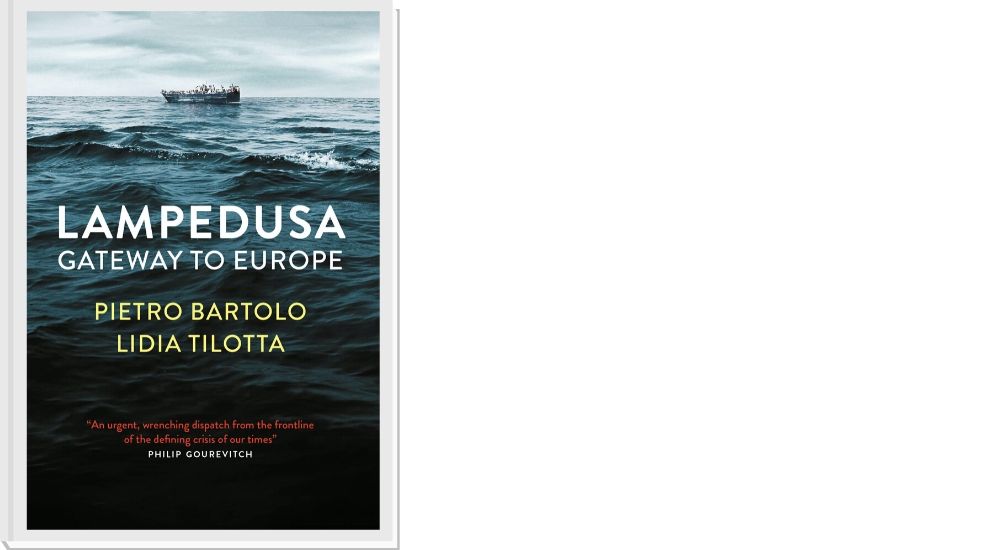
Lampedusa is an island located 200kms off Italy’s southern coast and it is a first port of call for hundreds of African and Middle Eastern migrants hoping to make a new life in Europe. The author, Dr. Pietro Bartolo has been running a clinic on the small island, caring for both the living and the dead for over 25 years. Dr. Bartolo set up the only clinic in Lampedusa in 1991 and he was the first responder to the ships either arriving at the port or shipwrecking off the coast. He attended to those onboard and also conducted the autopsy of those who died either on board or drowned while trying to make it to the Island.
Dr Bartolo shares not only his experience but also the tales of those who are in his care, from the treacherous and dangerous journey they made to Lampedusa and accounts of violence at the hands of the traffickers. The book is not for the faint-hearted but a real insight into the journey these immigrants take to live a better life to the one they have left behind.
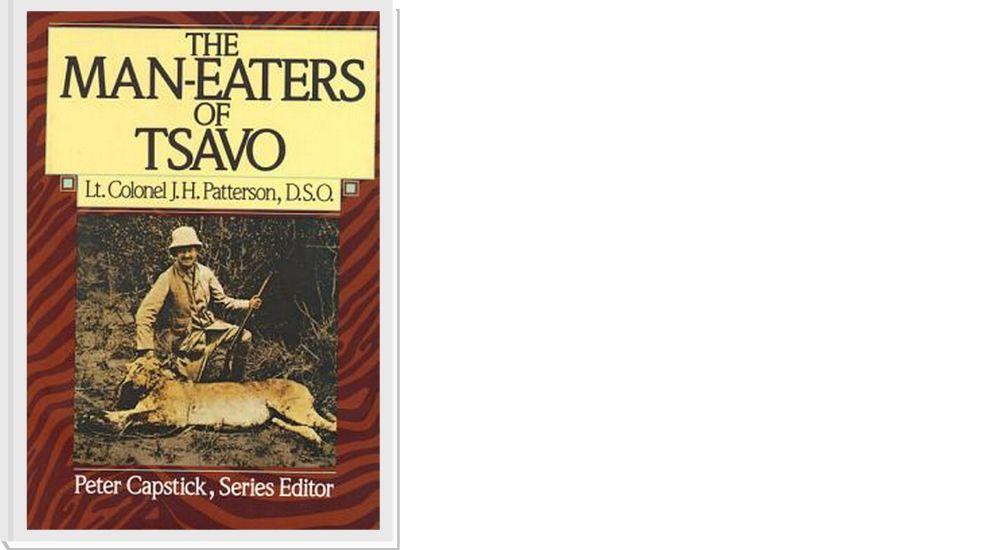
or
The Lions of Tsavo: Exploring the legacy of Africa’s Notorious Man Easters – Bruce D Patterson
There are many books featuring the Man Eaters and the story has also been featured in many documentaries and movies. The original version of the book is written by John Henry Patterson and recounts his experience while overseeing the construction of a railroad bridge in Kenya. The story focuses on the attacks of the man-eating lions on the workers of the Uganda Railroad in 1898 and how the lions were eventually killed by Patterson.
Nearly 140 people were killed by the lions in less than a year and the construction of the railroad was bought to a halt. The story tells of two lions who will stop at nothing to bite human flesh.
Half of John Patterson’s book is about the lions and the other half of the book is about his hunting exhibitions. For this reason, it gains mixed reviews.
The version by Bruce Patterson takes more of a scientific approach. Bruce Patterson, the principal investigator of the Tsavo Research Program, looks at topics like “what compelled these lions to hunt humans” and “conservation in Tsavo National Park”.
These books are two very different versions of one incident, depending on which one you gravitate more to I would recommend either. Just make sure you read at least one of them.
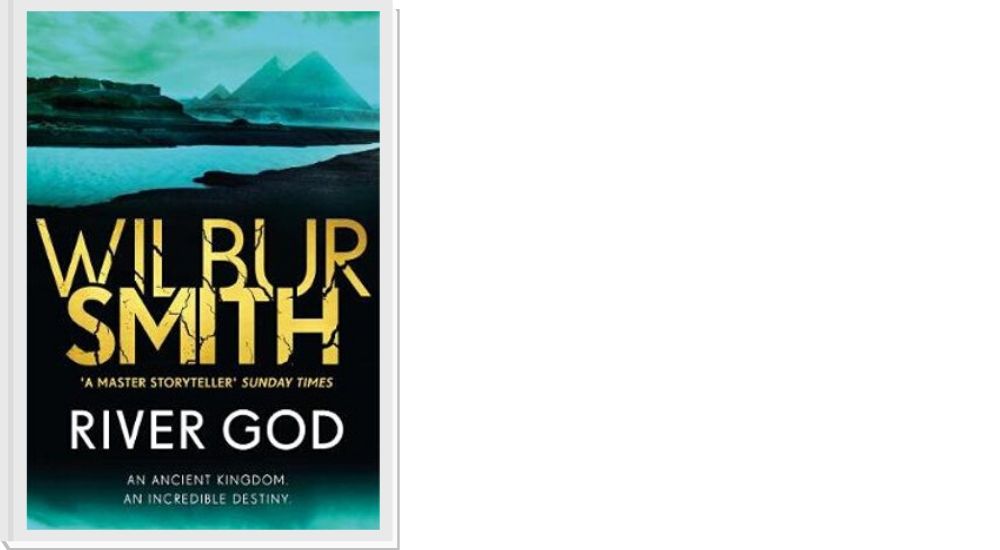
If River God is not for you, then I would recommend reading almost any of Wilbur Smith’s books. Wilbur Smith is a British novelist, born in Zambia, who specialise in historical fiction in Africa. He has written several series about all different areas in Africa with viewpoints from both black and white families. He is famous for his meticulously-researched, captivating stories.
River God is part of a larger series about the multi-talented and highly skilled eunuch slave named Taita, focusing his life in Egypt and the Hyksos invasion. While the story is not exactly aligned to historical accuracy, it does give a superb insight into many elements of ancient Egypt.
Smith described his inspiration for the book: “I was sitting in the Temple of Karnak on the Nile, as the sun was going down, and I was all alone, and the Great Hypostyle Hall was full of shadows and ghosts of the past, and suddenly I heard this little voice saying “my name is Taita, write my story”… and if you believe that, you’ll believe anything!
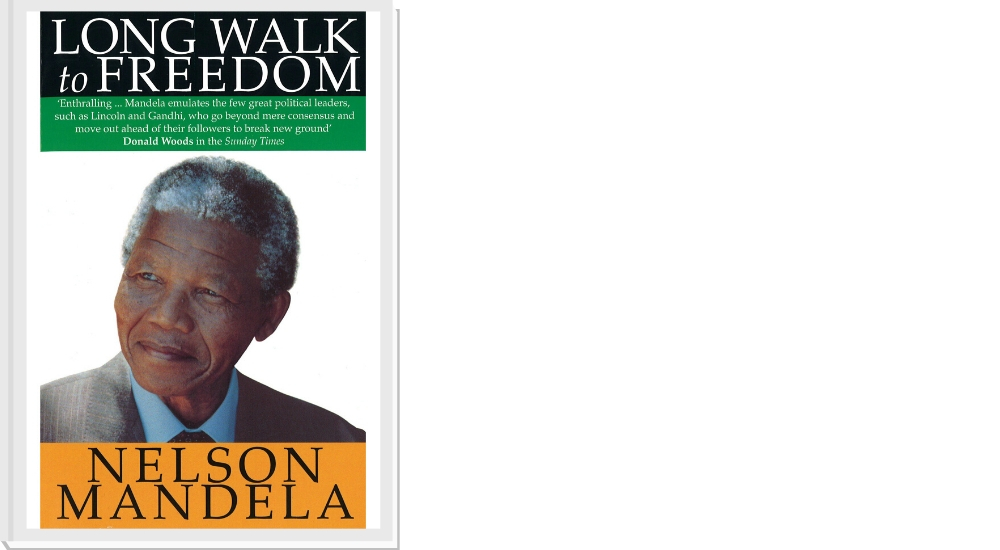
Nelson Mandela was an instrumental part in making South Africa what it is today. He received world recognition for his leadership as president in rebuilding the country’s once segregated society. Mandela was awarded the Nobel Peace Prize in 1993 and was the first democratically elected president in South Africa. The book is an autobiography written by Mandela. It looks into his early life, coming of age, education, role as leader of the ANC and the 27 years he spent in prison because of that role.
The book was adapted into a film titled Mandela: Long Walk to Freedom and released in 2013.
My Personal Note about this book: Never before have I seen a member of parliament so loved by the people of a country and the reviews of the book are expressed with words of great love. The book helps us to understand a time many of us are not familiar with, a time of segregation, and written by someone in the middle of it all. I have visited Robben Island and Drakenstein Correctional Centre (where he made his walk to freedom) before and after knowing real information about Mandela and it changes your experience once you understand more about the man.
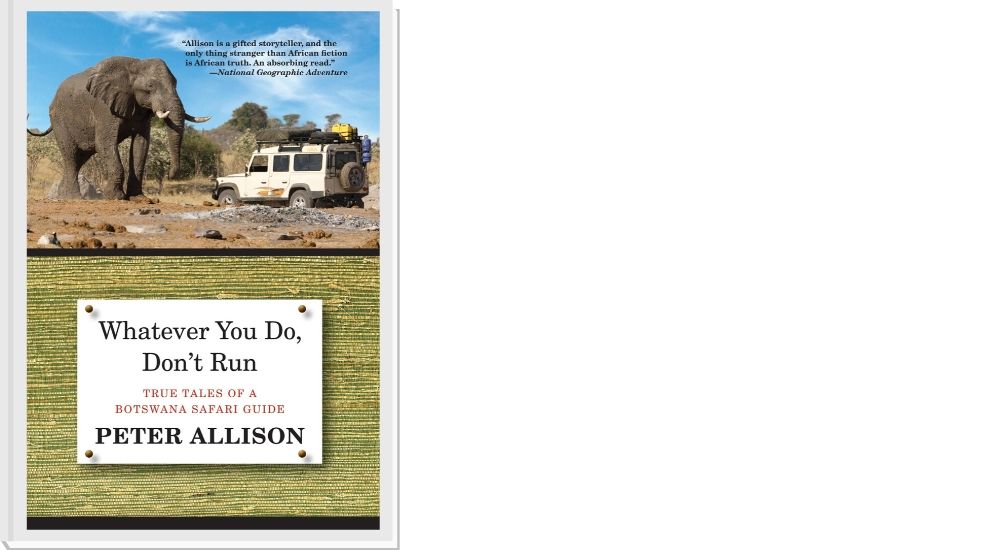
Peter Allison is an Australian man who left for a 12-month trip to Africa when he was 19 and, as most of us do, he fell in love with Africa. He then spent many years as a safari guide through South Africa, Namibia and Botswana before opening up some lodges of his own.
The book is all about Peter’s experience while he was a safari guide in Botswana. His guide’s-eye view of living in the bush, confronting the fiercest of animals and most challenging of all, managing herds of tourists. Peter has had some extraordinary, once-in-a-lifetime encounters and reading this book is like sitting around a campfire late at night listening to him talk about his incredible experiences.
The best part about this book is that it is a read for the entire family. The title is also an important lesson to learn before any trip to animal Africa.
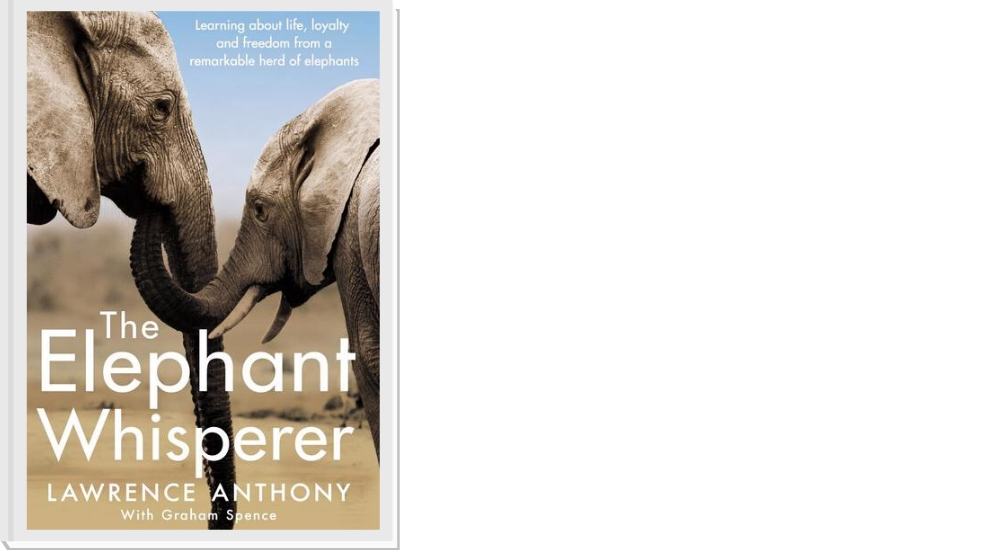
The book tells the story of a South African conservationist, Lawrence Anthony, who accepted a herd of “rogue” elephants on his game reserve. His acceptance was the herd's last chance of survival. Anthony forms a connection to the matriarch of the herd and transforms the reader's perception of animal intelligence and emotion. His writing paints an accurate and vivid picture of the bushveld landscape and makes you feel you are there.
In a world full of negative literature about animals, from hunting and poaching to the negative side of “conservation”, this book reminds the lovers of Africa how a trip is so heart-warming and for those who have not been how it can remind them of their desire to travel to the continent.
The story of Lawrence Anthony received world recognition after the elephants gathered in front of his house of the day of the funeral to mourn his death. How they knew he was gone no one knows, but it showed the world how much Anthony had done to understand the group of wild elephants.







